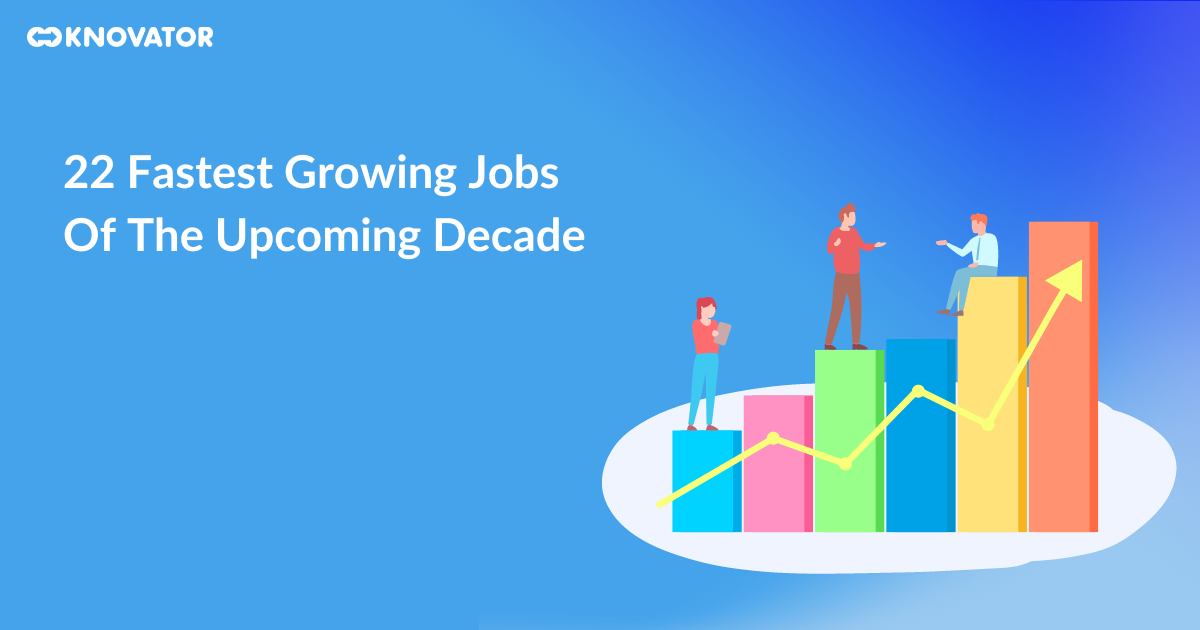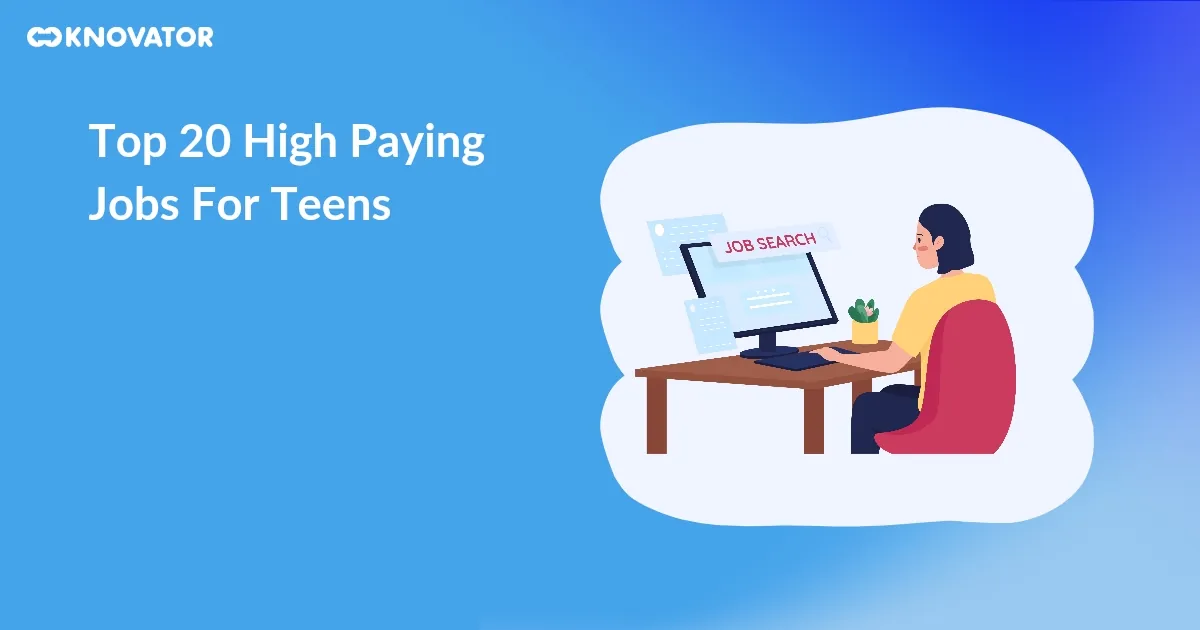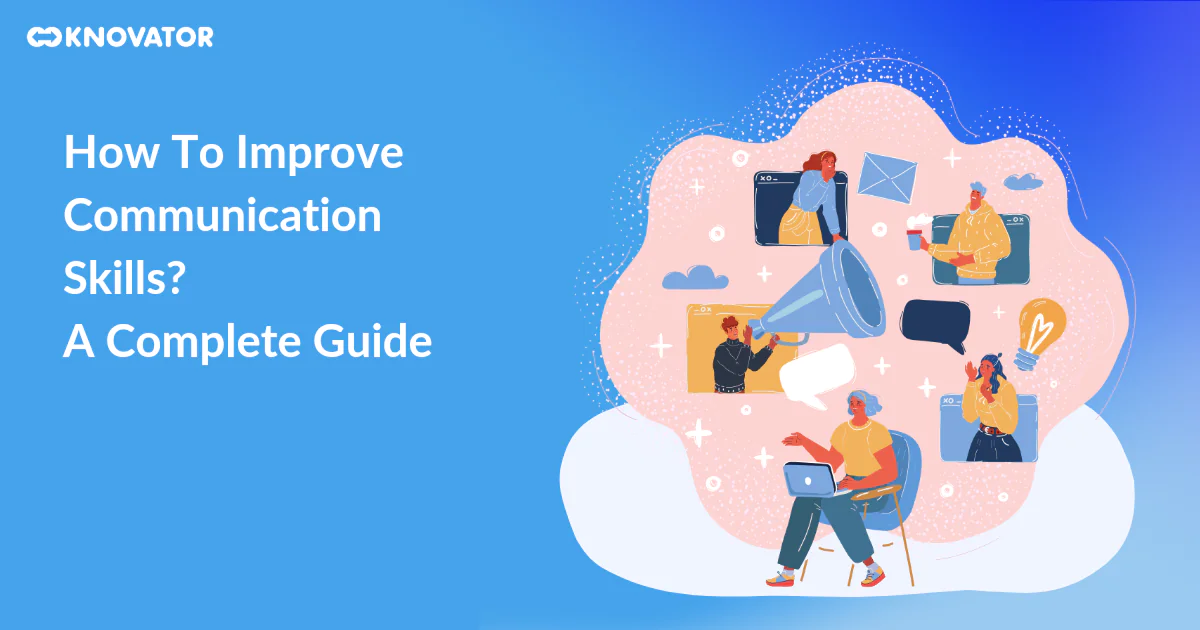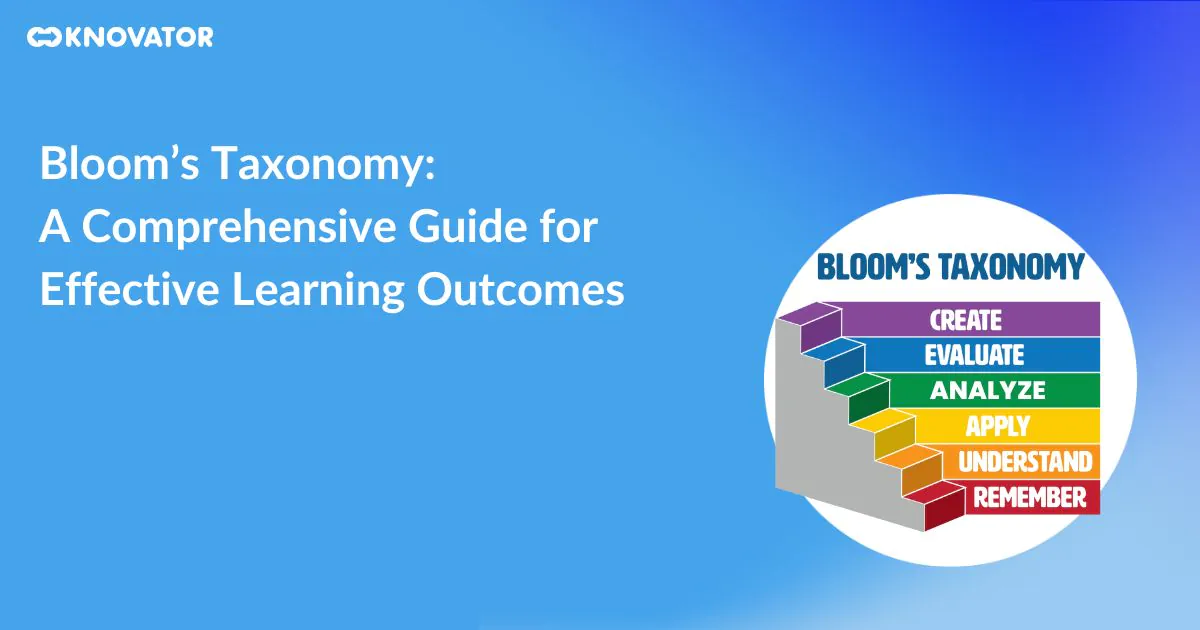In the professional world, skills are the key to success. But did you know that not all skills are created equal? Some skills are tangible and specific, while others are more intangible and personal.
This article will explore the essential differences between hard and soft skills. We will provide real-life examples to help you understand better.
Whether you are a job seeker, a manager, or just someone curious about improving your skill set, this guide is for you.
By the end of this read, you’ll clearly understand these skills. It will empower you to excel in your career and personal life. Let’s start exploring the world of hard and soft skills now!
Hard Skills vs. Soft Skills

Below, we’ll explain the meaning of hard and soft skills. We will also explore the examples of each.
What are Hard Skills?
Hard skills are technical skills that you acquire through education or training.
These skills are like the tools in your professional toolbox. Hard skills include coding, speaking a foreign language, or operating machinery. They are easy to quantify and demonstrate to others.
For example, if you’re an accountant, your hard skills include proficiency in using accounting software. These skills are crucial for performing specific tasks and are usually job-specific.
What are Soft Skills?
Soft skills are the traits and personal qualities that help us interact with others. They’re like the social glue that holds our professional and personal relationships together. Think of them as “people skills” beyond technical expertise. These skills are all about communication, empathy, adaptability, and teamwork.
Some soft skills include being a good listener, showing empathy, and resolving conflicts. So, soft skills make you stand out, whether working in an office, a hospital, or a coffee shop.
A Detailed Look at Hard Skills

Importance of Hard Skills
In today’s competitive job market, hard skills are essential. Hard Skills demonstrate your proficiency in performing specific tasks and functions. Employers often use hard skills as criteria for hiring and evaluating job candidates.
Having strong hard skills is crucial for several reasons. Firstly, they enable individuals to perform their duties efficiently and confidently. For example, software developers need programming languages like Python or Java to write code and build applications effectively. Secondly, hard skills contribute to increased productivity and quality of work. When employees possess the necessary technical expertise, they can deliver results accurately.
Furthermore, hard skills provide a foundation for continuous learning and professional growth. As industries evolve, new technologies and techniques emerge. Employees must update their hard skills to stay relevant in their careers. Needless to say, investing in hard skills development can lead to better career opportunities.
Examples of Hard Skills
Let’s explore some common examples of hard skills across various industries:
- Data and Analytical Skills: Data and analytical skills are crucial for doing your job effectively. It allows you to make informed decisions and solve problems. Some examples are Business analysis, Customer analysis, Data analysis, Data mining, and more.
- Hard Communication Skills: When we talk about soft skills, the first thing that usually comes to our mind is communication skills. It’s essential to know that communication skills can also be hard skills in certain situations. Communication skills are typically considered soft skills because they involve how we interact and express ourselves with others. But there are instances when communication skills can become hard skills. It happens when they involve specific tasks that require a particular knowledge base. Some examples are academic writing, blog writing, content writing, copywriting, and more.
- Task-oriented skills: These skills are all about knowing how to do specific tasks necessary for your job. Every job requires these task-oriented skills. Examples are A/B testing, account management, accounting, budgeting, etc.
- Methodologies: Methodologies are like step-by-step instructions or plans for tasks in a specific job. Suppose a job description says the company follows a certain methodology to get work done. In that case, mentioning if you have experience using that method is good. Even if it’s not a requirement for the job. It shows that you already know how to work in a specific way. Some examples of methodologies are Sandler, Challenger, Design Sprint, and Inbound Marketing.
How Hard Skills Impact Employee Performance?
Hard skills directly impact employee performance. It enables individuals to perform tasks efficiently and effectively.
For example, a programmer needs hard skills like coding and software development to build applications. In contrast, nurses require hard skills in medical procedures and patient care.
Employees who possess the right hard skills can complete their responsibilities competently. It boosts their productivity and overall performance. Having the right mix of hard and soft skills is essential for excelling in any profession.
A Detailed Look at Soft Skills

Importance of Soft Skills
Soft skills are crucial in our daily interactions at work and personal life. They determine how we communicate and build relationships with others. While hard skills showcase our technical abilities, soft skills showcase our emotional intelligence and social capabilities.
Strong, soft skills can lead to a positive work environment in the workplace. Employees with excellent communication skills can express their ideas clearly and listen to others effectively.
These skills promote better teamwork and reduce misunderstandings. Soft skills also promote empathy, which helps in understanding the needs and feelings of colleagues and customers alike. When employees are empathetic, they can provide better customer service.
Examples of Soft Skills
Let’s take a look at some common examples of soft skills:
- Communication: The capacity to transfer information clearly and listen actively to others.
- Teamwork: Working collaboratively with others, supporting team members, and resolving conflicts peacefully.
- Adaptability: Being open to change and adjusting to new situations or challenges.
- Time Management: Efficiently managing one’s time and prioritizing tasks to meet deadlines.
- Leadership: Inspiring and guiding others, taking initiative, and making well-informed decisions.
- Problem-Solving: Analyzing issues and finding creative solutions to overcome obstacles.
- Empathy: Understanding and relating to others’ emotions and perspectives.
- Conflict Resolution: Resolving disagreements and finding common ground for effective problem-solving.
How Soft Skills Impact Employee Performance?
Soft skills have an impact on employee performance. Some of them are:
- Improved Communication: Employees with strong communication skills can express their ideas clearly. Leading to better understanding among team members. This results in improved collaboration and efficiency in completing tasks.
- Enhanced Teamwork: Soft skills like teamwork and empathy promotes a positive work environment. Employees working well together and supporting each other boosts team productivity.
- Customer Satisfaction: Employees with excellent soft skills, such as empathy and problem-solving, provide better customer service. They can understand customers’ needs and concerns, increasing customer satisfaction and loyalty.
- Leadership Development: Leadership is important to make the team work efficiently. Developing these skills prepares individuals to take on greater responsibilities.
- Conflict Resolution and Stress Management: Soft skills help employees handle challenging situations calmly. It reduces workplace tension and creates a more positive work environment.
Soft skills are the backbone of effective communication, teamwork, and interpersonal relationships. They complement hard skills and are vital for career success and personal growth. Organizations prioritizing soft skills training and development tend to have more motivation.
Comparison Between Hard Skills and Soft Skills

Differences in Acquisition
Acquiring hard skills means gaining technical knowledge. We can acquire them through formal education, training programs, or hands-on experience. For instance, to become a computer programmer, you must learn programming languages and coding through courses or practice.
On the other hand, soft skills are more about personal development and social interactions. We don’t usually learn them from textbooks or classrooms. Instead, we develop them through experiences, observations, and interactions with others. For example, becoming a good communicator requires practice in real-life conversations and actively listening to others.
Differences in Measurement
Hard skills are easy to measure and quantify. Employers can assess hard skills through tests, certifications, or practical demonstrations. For example, if you’re applying for a job as a graphic designer, your potential employer might ask to see your portfolio to check your design abilities.
On the other hand, measuring soft skills is more challenging. Since they are about how we behave and interact with others. It is challenging to measure soft skills. When employers want to check our soft skills, they may ask us questions about how we behaved in certain situations in the past. They might also create scenarios to see how we handle different challenges.
For instance, they might ask how you handled a difficult situation at work to check your problem-solving and conflict-resolution skills.
Differences in Application
Hard skills are specific to particular tasks or jobs. Once you’ve learned a hard skill, you can apply it directly to perform a specific function. For example, if you know how to operate heavy machinery, you can use that skill as a construction worker.
In contrast, soft skills are more versatile and applicable across various situations and jobs. Soft skills help you build strong relationships with colleagues. You can handle conflicts gracefully and adapt to changes in your work environment.
Therefore, hard skills are learned through formal education or training, while soft skills are more about personal development and social interactions. Hard skills are easily measurable, while soft skills require more subjective assessments. Both skills are valuable, but mastering hard and soft skills will make you a well-rounded and successful professional in any field.
Real-world Examples of Hard & Soft Skills

Hard Skill Example:
- Web development- This skill involves specific technical knowledge in programming languages. For example, HTML, CSS, and JavaScript to design and build websites and web applications.
- Microsoft Office: Using Microsoft Office tools like Word, Excel, and PowerPoint for various office tasks such as creating documents, spreadsheets, and presentations.
- Financial Planning: The expertise in managing finances, creating budgets, and making investment decisions. It helps individuals or organizations achieve their financial goals.
Soft Skill Examples:
- Communication Skills: Imagine you’re a teacher, and you need to explain a complex topic to your students in a simple way. Good communication skills help you transfer your ideas clearly, so your students understand and learn better.
- Persuasion: The ability to persuade others to see your point of view is a soft skill useful for salespeople, negotiators, and leaders.
- Motivation: Self-motivation and inspiring others are soft skills that drive individuals to effectively achieve their goals and lead teams.
Future Trends of Hard & Soft Skills
In the future, hard and soft skills will continue to be in demand. Hard skills will evolve with technological advancements, such as AI, data analytics, and cybersecurity. As industries change, new technical skills will emerge. People will need to adapt and upskill.
On the other hand, soft skills like creativity, emotional intelligence, and adaptability will become more important in the future. Employers will value employees who can communicate effectively, collaborate with diverse teams, and solve complex problems. So, staying updated on hard and soft skills is essential to thrive in the evolving job market.
Balancing Hard and Soft Skills for Career Success
In conclusion, hard and soft skills are important for success in any career. Hard skills demonstrate your technical abilities, while soft skills showcase your interpersonal and emotional intelligence. Remember, it’s not just about having one or the other – balancing both is essential.
Hard skills get you in the door, while soft skills help you excel and stand out in your job. So, keep learning and developing both types of skills. They will empower you to succeed in the dynamic and ever-changing world of work.










